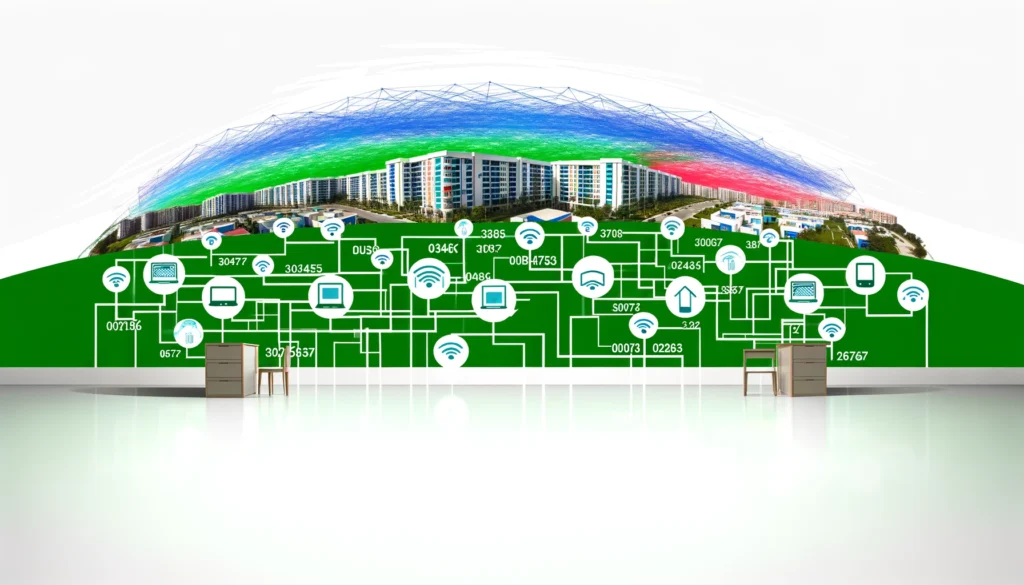Navigating the Intricate Terrain of Regulatory Guidelines for Network Protection in Multi-Unit Units to Ensure Occupant Safety and Information Safeguarding
Wiki Article
In the current world, many individuals live in multi-dwelling buildings, including apartment buildings and condominiums. Such places frequently share common networks for internet and additional services. While this arrangement can be convenient, it also brings up important questions about network safety and compliance standards. Ensuring the safety of tenants and safeguarding their data is essential. This article will explore the complex environment of regulatory standards for system safety in multi-unit units, focusing on how these guidelines assist keep residents safe and protected.
One of the primary regulatory standards that apply to system security is the EU Information Protection Act (GDPR). This regulation is designed to safeguard individual data and confidentiality for individuals within the EU Union. While it mainly applies to companies operating in Europe, its tenets can influence practices in other areas as well. For multi-unit buildings, complying to GDPR means implementing robust data safeguarding protocols. This entails making sure that tenants' personal data is gathered, stored, and handled securely. By following these standards, property administrators can help establish confidence with tenants and ensure their data is safe from illicit access.

Another important guideline is the Health Coverage Portability and Accountability Law (HIPAA), which protects sensitive healthcare data in the healthcare sector. In multi-dwelling units, particularly those that provide healthcare assistance or have tenants with specific health requirements, compliance with HIPAA is essential. This requires that any health-related data collected from residents must be maintained confidential and secure. Building administrators must ensure that their network infrastructures are configured to prevent data leaks and illicit intrusion. By taking these steps, they not only comply with regulatory obligations but also promote a secure residential environment for all residents.
Alongside GDPR and HIPAA, the Payment Payment Sector Data Security Standard (PCI DSS) is another vital compliance guideline. This guideline is especially relevant for multi-unit buildings that accept credit card transactions for lease or services. PCI DSS outlines security measures that must be in place to safeguard customer information. This includes encrypting confidential data and regularly monitoring network safety. By adhering to PCI DSS standards, property managers can reduce the threat of data leaks and safeguard tenants' monetary information, which is crucial for maintaining their confidence and security.
Ultimately, it is essential for multi-unit units to remain updated on regional and national laws regarding system safety. Laws and guidelines can change, and staying aware is essential for compliance. Building managers should regularly assess their safety protocols and practices to make sure they comply with up-to-date standards. This proactive strategy not only assists in maintaining compliance but also improves the overall safety of the network. By focusing on tenant safety and data safeguarding, multi-dwelling units can create a secure residential environment that encourages trust and peace of mind among residents.
To summarize, navigating the intricate landscape of regulatory standards for network safety in multi-dwelling units is crucial for ensuring tenant safety and information protection. By understanding and implementing guidelines like GDPR, HIPAA, and PCI DSS, property managers can establish a safe space for their tenants. Staying informed about local regulations straight from the source and regularly reviewing security practices further enhances this commitment to security. Ultimately, a robust emphasis on adherence not only safeguards residents but also fosters a feeling of community and confidence among multi-unit buildings.